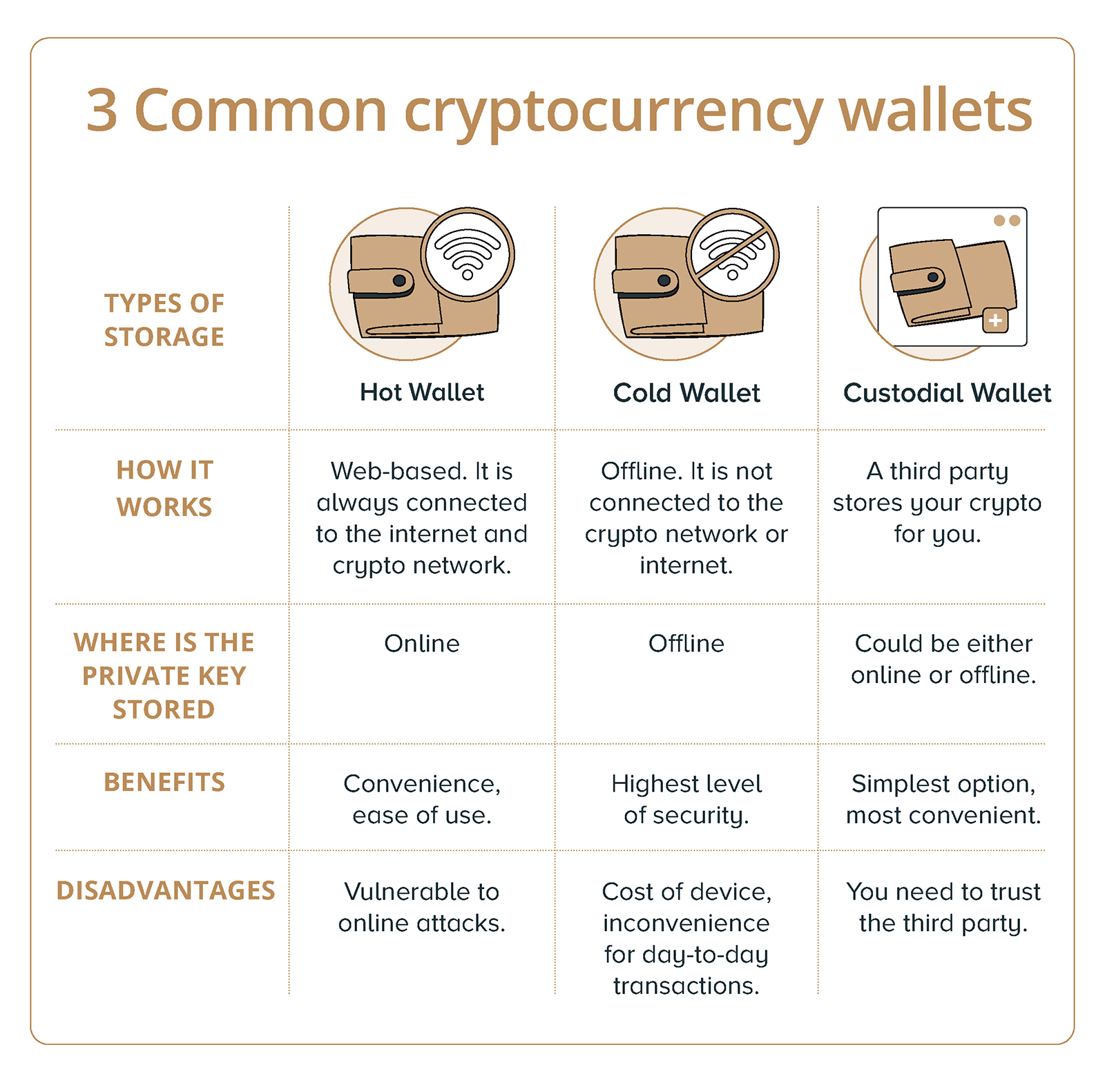With crypto coins decentralized at the forefront, this world of digital currency opens up exciting possibilities that challenge traditional financial systems. Imagine a realm where transactions are swift, secure, and free from central authority—this is the essence of decentralized crypto coins. These digital currencies are not just a passing trend; they represent a significant shift in how we view money, making it essential to understand their role and potential.
In this overview, we’ll explore the nuances between crypto coins and fiat currencies, highlight key players in the market, and delve into the importance of decentralization in enhancing security and user autonomy. By dissecting various types of decentralized coins and the technology that powers them, we aim to provide a clear picture of their impact on the financial landscape.
Overview of Crypto Coins
Crypto coins have revolutionized the financial landscape by introducing a new form of digital currency that operates independently of traditional banking systems. These coins utilize cryptography for secure financial transactions and are built on decentralized platforms, primarily blockchain technology. Their evolution has sparked a growing interest among investors and users alike, aiming to provide an alternative to conventional currencies.The primary distinction between crypto coins and traditional currencies lies in their decentralized nature.
Traditional currencies, such as the US Dollar or Euro, are issued and regulated by governments and central banks, whereas crypto coins exist on a network of computers and are maintained by their users. This decentralized approach offers unique advantages, such as lower transaction fees and increased privacy. Some popular crypto coins include Bitcoin, which introduced the concept of digital currency, and Ethereum, known for its smart contract capabilities, showcasing the diverse functionalities within the crypto market.
Decentralization in Cryptocurrency
Decentralization in cryptocurrency refers to the distribution of authority and control among a network of participants rather than a central governing body. This principle is fundamental to the operation of blockchain technology, allowing users to transact directly with one another without intermediaries. Decentralized systems enhance transparency and reduce the risks associated with centralized control.The benefits of decentralized systems are numerous.
Users maintain greater control over their assets and transactions, reducing the potential for fraud and manipulation. Additionally, decentralized networks are often more resilient to attacks, as there is no single point of failure. This heightened security translates to increased trust among users, as they can verify transactions independently without relying on a central authority.
Types of Decentralized Crypto Coins
Decentralized crypto coins can be categorized based on their use cases. Below are some common types:
- Stablecoins: These coins are pegged to traditional assets, like the US Dollar, to minimize price volatility. Examples include Tether (USDT) and USD Coin (USDC).
- Privacy Coins: Focused on user anonymity, these coins obscure transaction details. Monero (XMR) and Zcash (ZEC) are notable examples.
- Utility Tokens: Designed to provide access to a product or service within a specific ecosystem, such as Binance Coin (BNB) and Chainlink (LINK).
Market capitalization and adoption rates vary significantly among decentralized coins. Bitcoin remains the largest by market cap, while Ethereum is highly regarded for its smart contract functionality. Stablecoins are rapidly gaining traction as a medium of exchange due to their stability, while privacy coins face scrutiny regarding regulatory compliance.
The Technology Behind Decentralized Crypto Coins
Blockchain technology serves as the backbone for decentralized crypto coins, offering a transparent and immutable ledger of transactions. Each transaction is recorded in blocks, which are linked in chronological order, ensuring data integrity and security. Consensus mechanisms play a crucial role in maintaining the network. Two prominent methods include:
- Proof of Work (PoW): This method requires miners to solve complex mathematical problems to validate transactions and add new blocks. Bitcoin operates on PoW.
- Proof of Stake (PoS): In PoS, validators are chosen based on the number of coins they hold and are willing to “stake.” This approach is considered more energy-efficient, with Ethereum transitioning to PoS.
Smart contracts are self-executing contracts with the terms of the agreement directly written into code. They enable automated transactions and facilitate decentralized applications (dApps), significantly enhancing the capabilities of crypto coins.
Challenges Facing Decentralized Crypto Coins

Despite their potential, decentralized crypto coins face several challenges. Scalability remains a significant hurdle as networks struggle to handle an increasing number of transactions without sacrificing speed or efficiency. Regulatory concerns also loom large, with governments worldwide grappling with how to manage and integrate cryptocurrencies into existing financial systems.Volatility is another critical issue impacting users and investors. The prices of many decentralized coins can fluctuate dramatically, making them risky investments.
Several projects have failed due to poor management or technological shortcomings. For instance, BitConnect is a notorious example of a failed decentralized project that exposed users to significant losses, providing lessons on the importance of transparency and sustainability in crypto ventures.
Future Trends in Decentralized Crypto Coins
The future of decentralized crypto coins is poised for significant advancements. As technology evolves, we can expect further enhancements in scalability and efficiency, enabling broader adoption. Innovations such as Layer 2 solutions aim to address current limitations, making transactions faster and cheaper.Global regulatory frameworks will play a vital role in shaping the future of decentralized currencies. As governments establish clearer guidelines, it may foster a more secure environment for investors and users alike.
The decentralized finance (DeFi) space is rapidly expanding, with trends like yield farming and decentralized exchanges gaining popularity, paving the way for a more democratized financial system.
The Role of Community in Decentralized Crypto Coins
Community governance is a cornerstone of decentralized projects, allowing participants to contribute to decision-making processes. This model fosters a sense of ownership and accountability among users, leading to more engaged and active communities. Feedback from the community is invaluable, as it often drives development and innovation.Successful community-driven projects, such as Ethereum and Cardano, highlight the impact of collective input on project outcomes.
These platforms exemplify how collaborative efforts can yield significant advancements in technology and user experience, setting a precedent for future decentralized initiatives.
Case Studies of Successful Decentralized Crypto Coins

Examining successful decentralized crypto coins provides insights into their growth and impact on the market. Bitcoin, as the first decentralized cryptocurrency, has achieved unparalleled recognition and market performance. Ethereum’s introduction of smart contracts has positioned it as a leader in the DeFi space.A comparative analysis of key metrics from successful projects can illustrate their trajectories. The table below summarizes essential data:
| Coin | Market Cap ($ Billion) | Launch Year | Unique Feature |
|---|---|---|---|
| Bitcoin | 700 | 2009 | First cryptocurrency |
| Ethereum | 220 | 2015 | Smart contracts |
| Cardano | 40 | 2017 | Proof of Stake |
Final Conclusion
As we wrap up our exploration of decentralized crypto coins, it’s clear that they offer much more than just an investment opportunity; they embody a transformative approach to finance. The future of these coins is bright, with community governance and technological innovations shaping their path forward. Understanding these dynamics will empower users and investors alike, fostering a more inclusive financial ecosystem.
FAQ Explained
What are crypto coins decentralized?
Crypto coins decentralized are digital currencies that operate without a central authority, allowing for peer-to-peer transactions directly between users.
How do decentralized crypto coins enhance security?
Decentralized crypto coins use blockchain technology, which ensures that all transactions are recorded transparently and immutably, reducing the risk of fraud.
What are the risks associated with decentralized crypto coins?
Risks include market volatility, regulatory uncertainty, and potential loss of access to funds due to misplaced private keys.
Can decentralized crypto coins be regulated?
While decentralized coins are designed to operate independently, governments can impose regulations that affect their use and trading.
What is the role of community governance in decentralized projects?
Community governance allows users to participate in decision-making processes regarding the development and management of decentralized projects, promoting transparency and collaboration.

